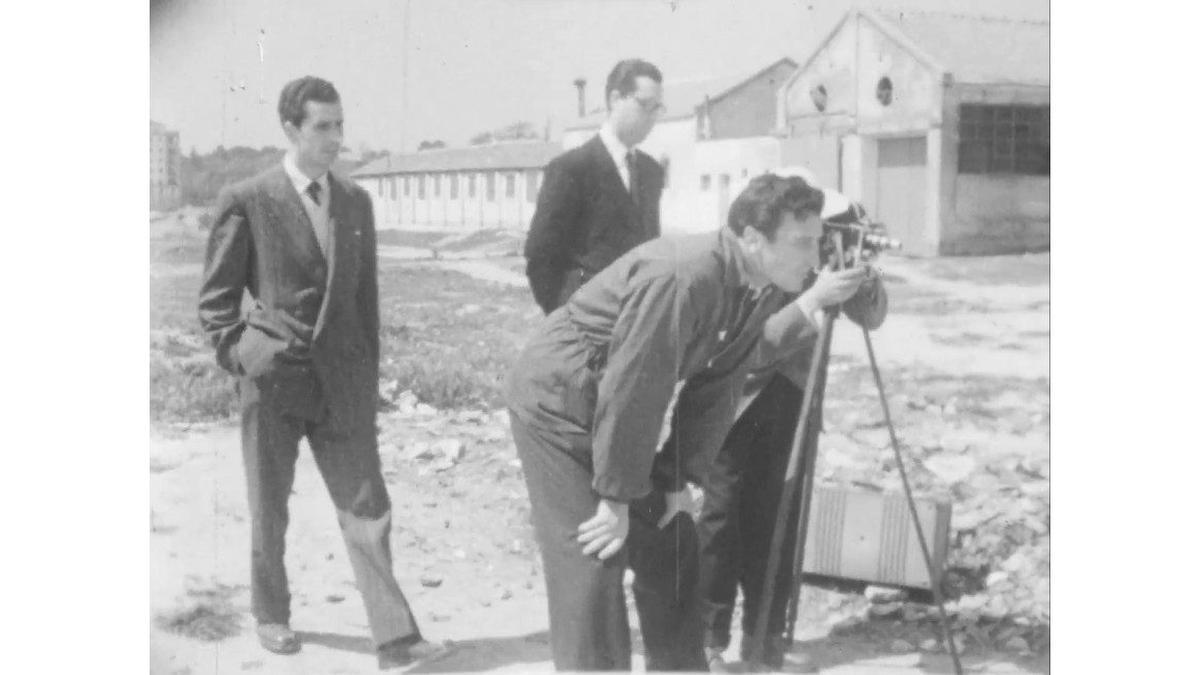
Sean Baker’s latest cinematic endeavor, “Anora,” took home the coveted Palme d’Or at the 77th Cannes Film Festival, underscoring his prowess in tackling gritty, real-world issues through film. Baker’s win edged out stiff competition from other remarkable entries, including Payal Kapadia’s “All We Imagine As Light,” which secured the Grand Prix, and Mohammed Rasoulof’s “The Seed of the Sacred Fig,” which earned the Special Prix award.
Upon receiving the Palme d’Or, Baker humorously reflected on his extensive journey in filmmaking, declaring, “This has literally been my singular goal as a filmmaker for the past 30 years. I’m not really sure what I’m going to do with my life now.” The sense of achievement, coupled with uncertainty about future aspirations, provided a candid moment that resonated with many.
A seasoned participant at Cannes, Baker first garnered significant attention with “The Florida Project” in 2017, offering a poignant look into the lives of a mother and daughter living on the edge of society. His follow-up, “Red Rocket,” released in 2021, delved into the turbulent life of a former porn star returning to his hometown in Texas. With “Anora,” Baker continues to spotlight marginalized individuals, echoing his ongoing commitment to social realism in cinema.
“Anora” centers on a 23-year-old stripper from New York City, a role brought to life by Mikey Madison. The film also features a compelling ensemble cast, including Mark Eydelshteyn, Yuriy Borisov, Karren Karagulian, and Vache Tovmasyan. The narrative takes viewers on a dramatic journey as Anora’s life is upended following her encounter with Vanya, the son of a Russian oligarch. The film’s powerful storytelling and riveting performances garnered a 10-minute standing ovation during its premiere, a testament to its impact.
In his acceptance speech, Baker dedicated the award to sex workers, highlighting the often-overlooked aspect of their lives. He stated, “This is for all sex workers, past, present, and future, this is for you.” This dedication reflects Baker’s long-standing interest in portraying the nuanced lives of sex workers, a theme he has explored since his 2012 film “Starlet.
.” During an interview at Cannes, he explained, “I became friends with [sex workers] and realized there were a million stories from that world. If there is one intention with all of these films, I would say it’s by telling human stories, by telling stories that are hopefully universal. It’s helping remove the stigma that’s been applied to this livelihood.”
Baker also used his platform to advocate for the preservation of the theatrical experience in cinema. He emphasized, “Right now as filmmakers we need to fight to keep cinema alive. This means making feature films intended for theatrical expedition. The world has to be reminded that watching a film at home while scrolling through your phone and checking emails and messages is just not the way, even though some tech companies would like us to think so.” This passionate plea underscores the ongoing conversation about the future of film in an increasingly digital world.
“Anora” represents another triumph for its distributor, Neon, which has a remarkable track record of winning the Palme d’Or. In the preceding years, Neon has backed winners such as “Anatomy of a Fall” (2023), “Triangle of Sadness” (2022), “Titane” (2021), and “Parasite” (2019). This streak of victories has not only solidified Neon’s reputation at Cannes but has also translated into success at the Oscars, with many of these films going on to receive nominations and win awards, including Best Picture.
By continuing to support groundbreaking films like “Anora,” Neon proves its commitment to promoting cinematic excellence. Each of these films has brought unique, powerful stories to the global stage, and Baker’s “Anora” is no exception.
As the curtain falls on the 77th Cannes Film Festival, Sean Baker’s victory with “Anora” serves as a resounding affirmation of his dedication to storytelling that brings marginalized voices to the forefront. It’s a win not just for Baker, but for the stories and individuals his films so poignantly represent.










